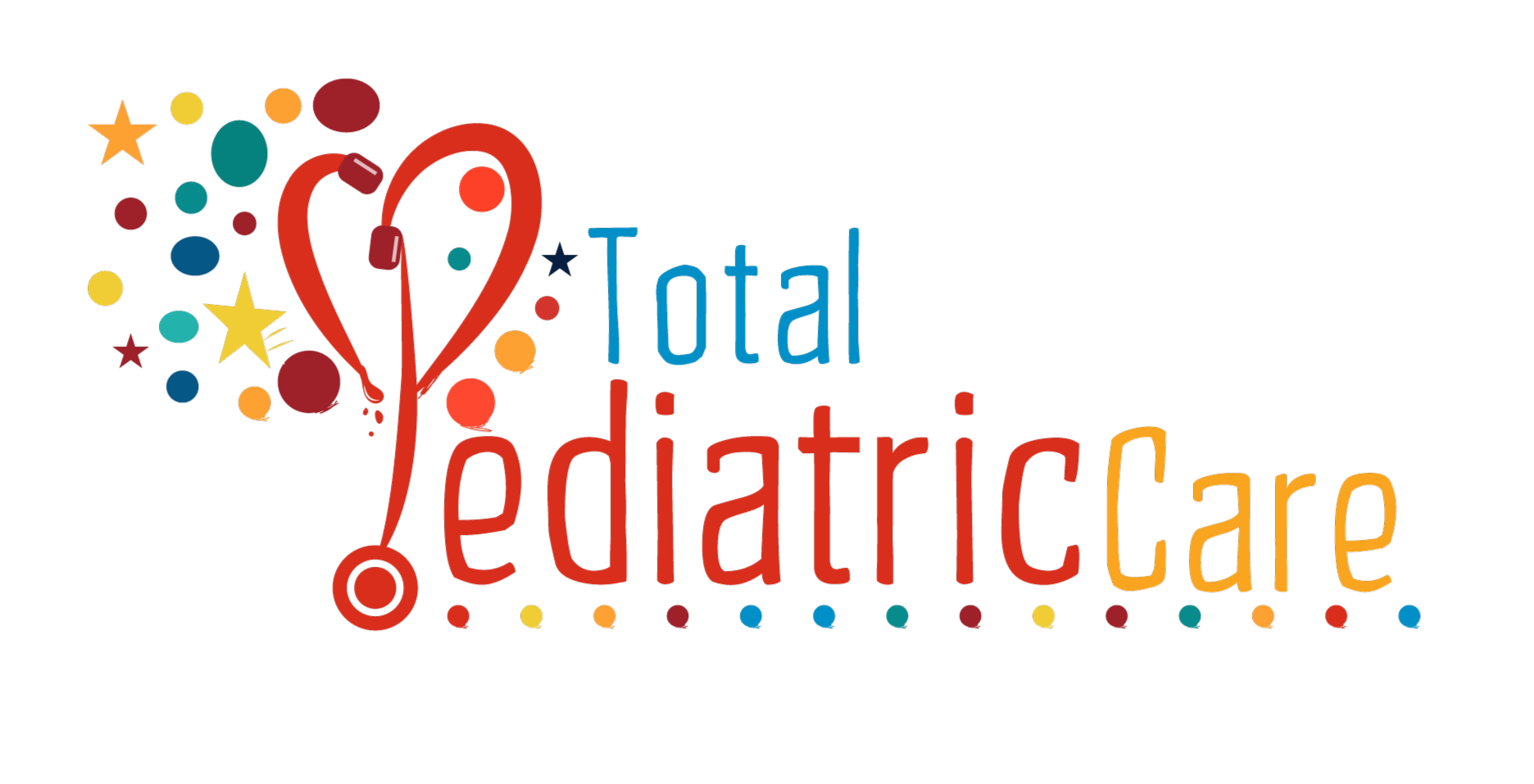Allergies are common in children and can be caused by a variety of factors, such as pollen, animal dander, mold, and certain foods. As a parent, it’s important to be able to recognize the symptoms of allergies and to know how to manage them. Here are some tips for recognizing and managing childhood allergies:
Recognizing Allergy Symptoms
Allergy symptoms can vary depending on the type of allergy and the severity of the reaction. Common symptoms of allergies include:
- Sneezing
- Runny nose
- Itchy, watery eyes
- Hives or rashes
- Swelling of the face, lips, or tongue
- Wheezing or difficulty breathing
- Abdominal pain or vomiting (in the case of food allergies)
If your child experiences any of these symptoms, it’s important to seek medical attention.
Managing Allergies
There are several ways to manage childhood allergies, including:
- Avoiding Triggers
The best way to manage allergies is to avoid the triggers that cause them. For example, if your child is allergic to pollen, try to keep them indoors during peak pollen season. If your child has a food allergy, make sure to read food labels carefully and avoid any foods that contain the allergen.
- Medications
There are several over-the-counter and prescription medications that can help manage allergy symptoms. Antihistamines, decongestants, and nasal sprays can help relieve symptoms such as sneezing, runny nose, and congestion. If your child has a severe allergy, they may need an epinephrine auto-injector (such as an EpiPen) to treat anaphylaxis in case of a severe allergic reaction.
- Immunotherapy
Immunotherapy (such as allergy shots or sublingual immunotherapy) can help desensitize a child’s immune system to allergens over time. This can be a long-term solution for managing allergies.
- Education and Planning
It’s important to educate your child about their allergies and to have a plan in place in case of an allergic reaction. Teach your child how to recognize the symptoms of an allergic reaction and how to use any medications they may need. Make sure that caregivers (such as teachers, babysitters, or family members) are aware of your child’s allergies and know what to do in case of an emergency.
In summary, recognizing and managing childhood allergies is important for your child’s health and well-being. If you suspect that your child has allergies, seek medical attention and work with your child’s pediatrician to develop a management plan. Avoiding triggers, using medications as needed, considering immunotherapy, and educating your child and caregivers can all help manage your child’s allergies and keep them healthy.

